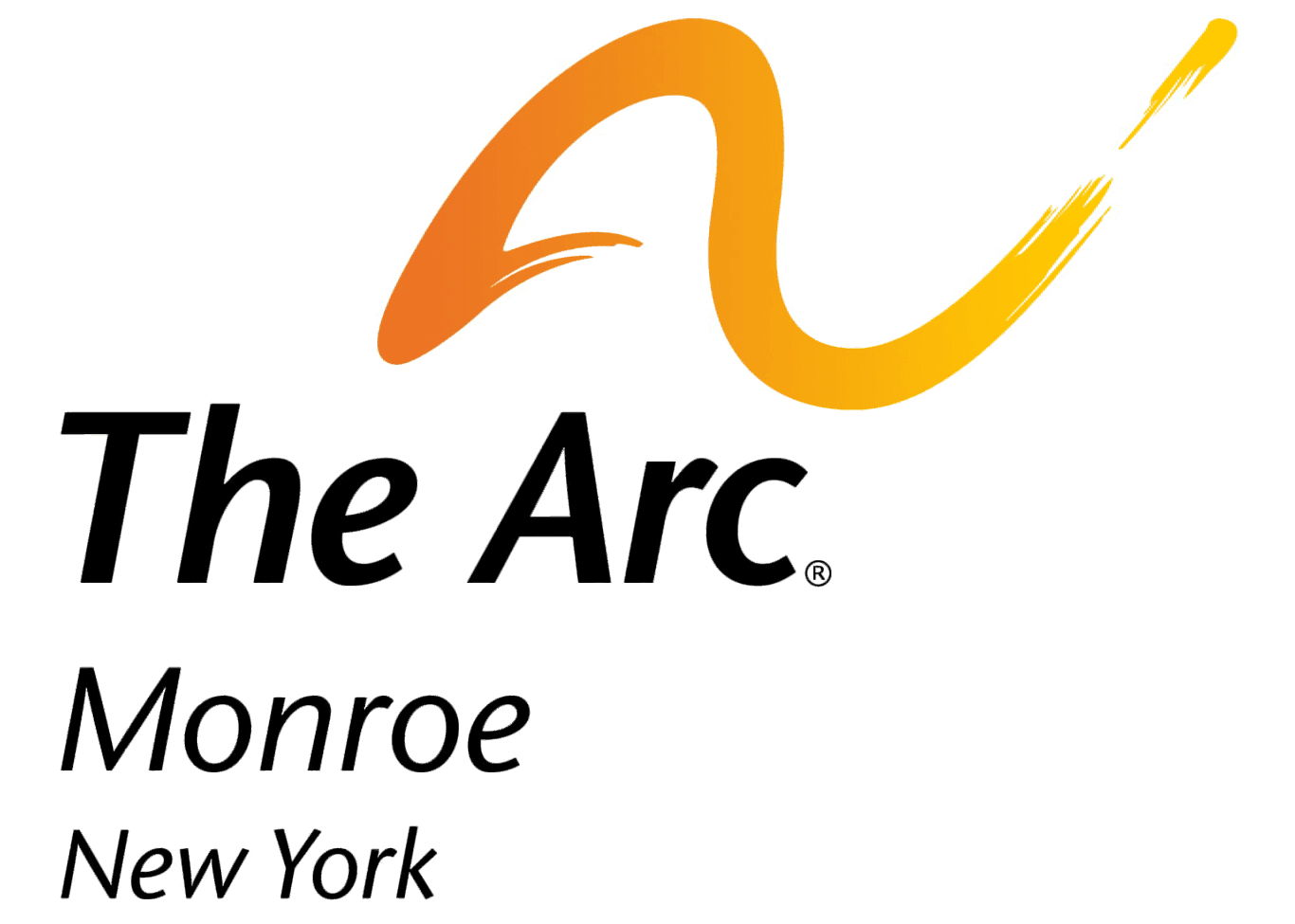We are a trauma informed agency
Until recently trauma informed care did not focus on people with developmental disabilities but that is rapidly changing. The Arc of Monroe is taking a leadership position on this initiative and we are part of a collaborative team across the county. This model of care is very much in alignment with our core values.
Did you know?
- People with Developmental Disabilities are 4X more likely to be exposed to trauma than those without disabilities
- Studies indicate that up 80% of women with disabilities may have been sexually assaulted at some point in their lives
- Employees who work in the human service field have experienced 2 or more traumatic events in their childhood
- 83% of inner youth experience one or more traumatic events
We are working in an environment where the people we support, and many of our colleagues and their families, have potentially experienced a good deal of trauma.
What is Trauma?
There is no universal definition of trauma. However, the Substance Abuse and Mental Health Services Administration describes trauma as resulting from: “an event, series of events, or set of circumstances experienced by an individual as physically or emotionally harmful or life-threatening with lasting adverse effects on the individual’s functioning and mental, physical, social, emotional, or spiritual well-being.”
It is important to know that the experience of trauma is subjective, individually based upon the person’s perception. What may be perceived as traumatic to one person may not be traumatic to another. This presents the challenge to defining trauma. Regardless of response, the impact of adverse events especially those in childhood, can be far-reaching; they have been associated with compromised health in later life.
Why is this important?
There is a link between traumatic experiences and a greater chance of physical and behavioral health problems in a person who has experienced trauma. Many of the “behaviors” we see on a daily basis can be tied to trauma – whether recent or from many years ago that has never been addressed.
It is not only mental health issues but physical health problems that can be linked to traumatic experiences, including:
- Lung, liver and heart diseases; cancer;
- Autoimmune diseases
This means, our staff and the people we support may benefit from learning more about trauma, how to address the impact of trauma and how the agency can help promote trust and create a more resilient environment.
What is the Arc doing to help address the impact of trauma on our staff and people we support?
The Arc is committed to the well-being of its staff and the people we support. In 2017, the Arc made a commitment to begin working on addressing trauma within our organization by applying for a grant with The Wilson Foundation. We received the award and began to look at how to bring trauma informed practices to our culture. It is a huge undertaking and we are just scratching the surface as we enter our second year.
The first steps in this journey are to help educate staff on trauma and ways to help each other and the people we support cope and overcome the effects of trauma. We may recognize the big “traumas” such as assault but every day people we support face smaller traumas such as bullying, exclusion, people trying to fix the person and an overall lack of control. Many of our staff who live at the poverty level also feel a lack of control over many areas in their lives, especially financial, and that can create daily trauma.

Mara Hynes-Huberlie is the Chief Operating Officer at the Arc of Monroe.
We can’t do this without YOU, our community. Please consider donating to support our efforts.
